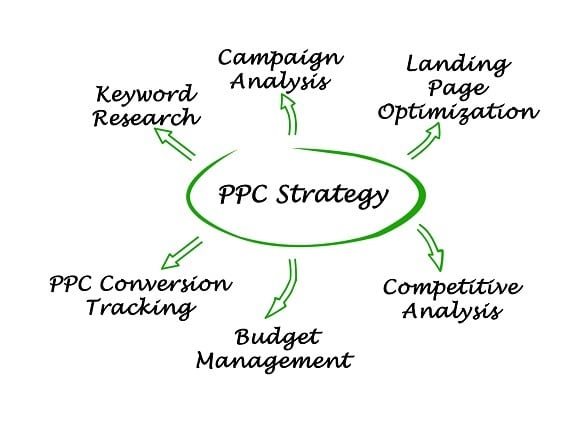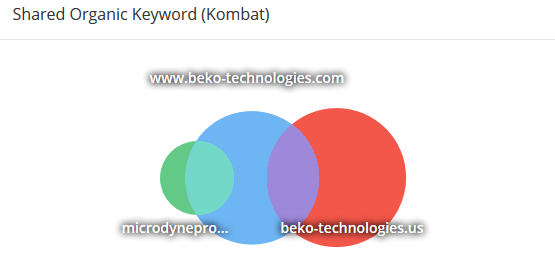SEO and PPC: A Match Made in Heaven?
I was on the phone with a prospective SEO client who specialize in compressed air technology, and one of the questions they had was why were we the only SEO agency to add PPC into the mix? That is a very valid question, not least as both SEO and PPC work off of search engines and are triggered in the main by keywords used in searches.
Why would I recommend this client use both SEO and Google AdWords?
First of all: SEO is Search Engine Optimization and deals with gaining high rankings in search engines without having to pay Google or Bing for the privilege. PPC or Pay Per Click is when you do pay a search engine to display your ad alongside search results, in the hope you get clicked on by a search user looking for what you offer.
SEO relies on working on your website to optimize it for technical and creative factors, such as how fast it loads and the actual type of content you have on your website. Then we look at creating backlinks and other techniques to maximize your favorable exposure and interaction with search engines, so they like you better than the other guys for relevant search terms.
This takes time and is a cumulative exercise, and so it is not immediate and the results are much more broadly felt over time.

PPC on the other hand is pretty immediate, in that we can set up AdWords in the morning and be running ads by the end of the day. You control budget very tightly and are able to attribute what ad spend creates ROI much more closely.
PPC though can lose you budget very fast, and as soon as you stop advertising so do your sales and lead flows.
Over time, SEO generates the lowest cost per lead (CPL) and cost per acquisition (CPA) of any Digital channel, but like I said it’s strategic in nature and requires nurturing, investment, and skill.

So why both PPC and SEO at the same time?
In this client instance they had already been ‘doing’ SEO for a couple of years, however it had not gone well. The reasons were pretty clear when we started looking at the website and backlink profile, with poor optimization of the website itself, and very shoddy if non-existent backlinking to generate higher rankings in the search engines.
Candidly, the website can do the job with some tweaking, but there is no fuel in the tank to get anywhere.
This also means we cannot rely on traffic and keyword data, because essentially there wasn’t anything we can rely upon.
So, we are pretty much back to square one in this instance.
Now we have some very sophisticated keyword research tools at Wellspring Digital: some we pay for, such as WordStream, SEMRush, and SpyFU, and some we don’t, such as the Keyword Planner Tool in the back-end of Google AdWords.

But, what these tools cannot tell you is just which keywords will actually generate a conversion for you, i.e. result in a lead or an actual sale.
You can identify a keyword, get ranked #1 for that term, and the only traffic it brings you is a bunch of tire kickers who do not pick up the phone, fill in an inquiry form, or buy from you!
What a waste of time and effort, not to mention your marketing budget!

So, before we embark on the strategic path of SEO and ranking for keywords, why don’t we use a small amount of PPC budget and see which keywords are actually worth getting ranked for in the first place.
If we get conversions for Keyword A but not for Keyword B, guess which keyword is going into the portfolio to work on – Keyword A of course!
I save all the time and effort on getting ranked for Keyword B, and when you look at a basket of keywords as a whole, weeding out the non-performers at an early stage will pay handsome dividends down the road. Not performing this exercise can easily lose you half or more of your campaign performance, especially in an arena where you are working blind because it is such a small niche.
So, now my prospective client understands why we recommended some PPC be added to the mix for their SEO campaign, and so do you:
Faster to ROI, greater return, and a much more effective SEO campaign that brings the client what they really want: brand exposure, leads, telephone calls, email inquiries, and most of all, sales!

If you would like to get into the weeds with more granular details as to why SEO and PPC work together very well, here is an excellent article from Marcus Miller of the UK agency, Bowler Hat published on Search Engine Land.